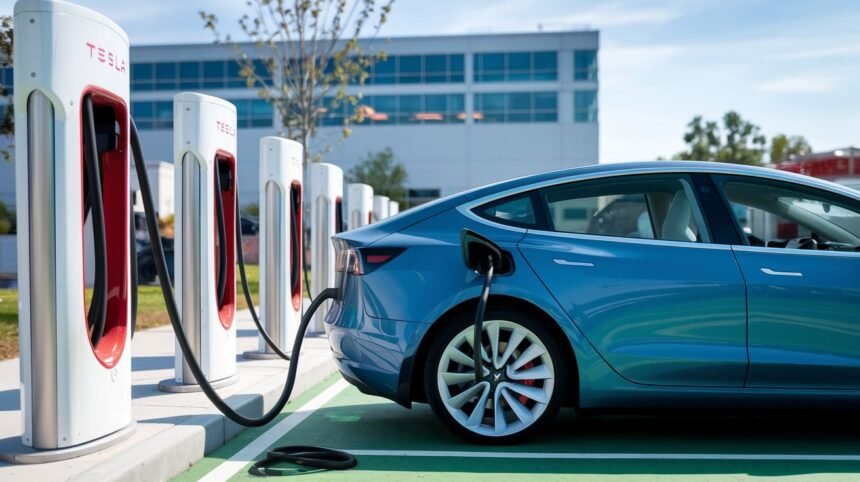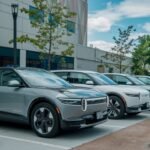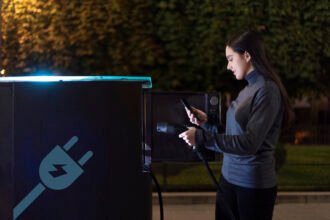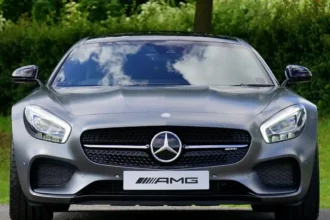As electric vehicles (EVs) become increasingly popular in the USA, many prospective buyers are asking, “How much does it really cost to charge an EV?” With rising interest in eco-friendly transportation and EV growth across the country, understanding the real cost of charging is critical. From fluctuating electricity rates to different charging methods, the expenses might surprise you.
So, what are the factors that determine EV charging costs? Are EVs really cheaper than gas-powered cars in the long run? Let’s dive deep into this question and find out everything you need to know.
Real Cost of Charging an Electric Vehicle in the USA
1. Factors That Influence EV Charging Costs
The cost of charging an electric vehicle depends on several variables:
- Electricity rates in your region: Just like gasoline, electricity prices vary depending on where you live. For example, California typically has higher electricity rates compared to states like Idaho or Washington.
- Time of day: Many electricity providers charge different rates depending on the time. Charging during peak hours may be more expensive compared to late-night or early-morning hours.
- Type of charger: Whether you’re charging at home, at a public station, or using a high-speed charger also affects the cost.
- Your vehicle’s battery size: Larger batteries require more electricity to charge, and thus, higher costs.
List of Influential Factors:
- Electricity rate per kWh
- Time of day (Peak vs Off-peak)
- Charger type (Level 1, Level 2, or DC Fast Charger)
- Vehicle battery size
- Charging location (home or public stations)
Let’s take a closer look at these variables and break them down into real numbers.
2. Home Charging vs Public Charging: What’s Cheaper?
Home Charging
Charging your electric vehicle at home is the most common and convenient method for most EV owners. In the USA, the average residential electricity rate is about $0.13 per kilowatt-hour (kWh), although this can vary by state.
- For example: If you own a Tesla Model 3 with a 75 kWh battery and you’re paying $0.13/kWh, the total cost to fully charge your vehicle would be around:
75 kWh×0.13=$9.75
So, it would cost you about $9.75 to fully charge your Tesla Model 3 at home. This is significantly cheaper than filling up a gasoline-powered car.
Public Charging
Public charging stations can be more expensive, especially for fast-charging options like DC Fast Chargers. Rates can range from $0.30 to $0.50 per kWh depending on the network, and some stations may also charge a flat connection fee.
- For example: Using the same Tesla Model 3 (75 kWh battery), if you charge at a public station at $0.40/kWh, the total cost would be:
75 kWh×0.40=$30
Thus, charging at a public station may cost significantly more than charging at home.
Comparison Table: Home Charging vs Public Charging
| Charging Location | Cost per kWh | Total Cost (for 75 kWh battery) | Additional Fees |
|---|---|---|---|
| Home | $0.13 | $9.75 | None |
| Public (Standard) | $0.30 | $22.50 | Possible connection fee |
| Public (DC Fast) | $0.40 | $30 | Possible connection fee |
3. Understanding the Different Types of EV Chargers
There are three main types of EV chargers, each with varying charging speeds and costs.
- Level 1 Chargers: These are the slowest chargers and use a standard 120-volt outlet. It can take up to 24 hours to fully charge an EV with this type of charger, but it’s the least expensive in terms of installation costs.
- Level 2 Chargers: These require a 240-volt outlet and are commonly used in homes or public charging stations. Level 2 chargers can fully charge most EVs in 4-8 hours, making them a popular choice for overnight charging at home.
- DC Fast Chargers: These are the fastest and are typically found in public charging stations. They can charge an EV to 80% in as little as 30 minutes, but they come at a premium price and are not suitable for everyday home use.
EV Charger Comparison Table:
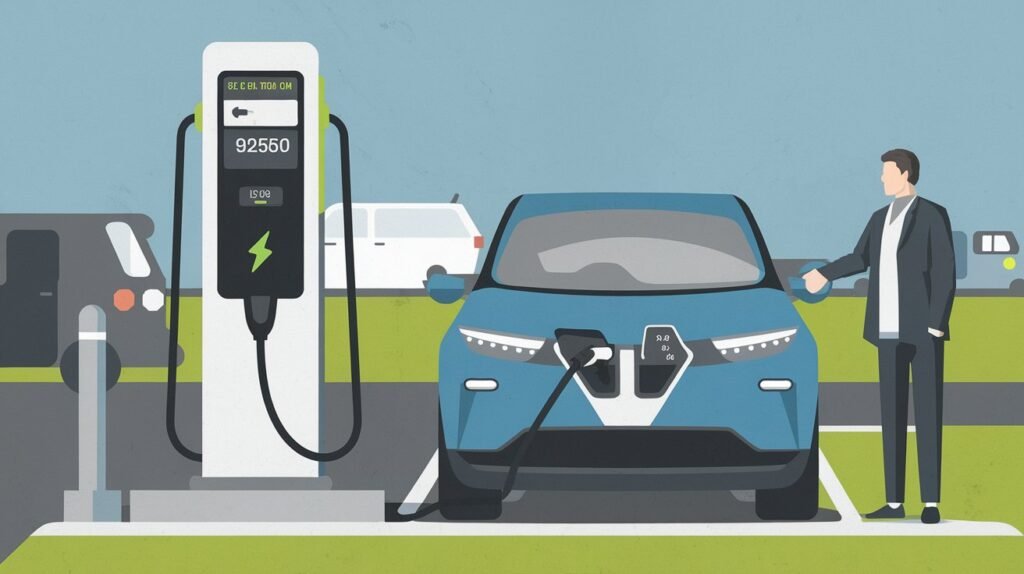
| Charger Type | Voltage | Time to Charge | Cost |
|---|---|---|---|
| Level 1 | 120V | 24 hours (slowest) | Low installation cost |
| Level 2 | 240V | 4-8 hours (moderate speed) | Moderate installation cost |
| DC Fast Charger | 480V+ | 30 minutes to 1 hour (fastest) | High charging cost per kWh |
4. How Much Will You Spend on Charging Annually?
The amount you spend on EV charging annually will depend largely on your driving habits. Let’s assume the average American drives around 13,500 miles per year. Now, let’s break this down:
- Efficiency of electric vehicles: The typical EV consumes around 30 kWh per 100 miles driven.
- At home: Assuming you’re paying $0.13 per kWh, the cost of driving 13,500 miles in a year would be:

Therefore, you would spend around $526.50 per year charging your EV at home if you drive the average distance.
Public Charging Costs: Using a public charger that costs $0.40 per kWh would increase that cost to $1,620 annually.
5. Is Charging an EV Cheaper than Gas?
Let’s compare the cost of fueling a gasoline-powered car with charging an EV. The average price of gasoline in the USA fluctuates but is currently around $3.50 per gallon. If your gasoline-powered car averages 25 miles per gallon, driving 13,500 miles would require:

That’s almost $1,364 more than the annual cost of charging an EV at home, showing significant savings for electric vehicle owners.
6. The Future of EV Charging Costs and Trends in the USA
The auto industry is shifting rapidly toward electric vehicles, with major manufacturers like GM, Ford, and Tesla leading the charge. As the demand for EVs grows, so too will the infrastructure for charging. This is great news for consumers, as increased competition could drive down prices at public charging stations.
Moreover, as renewable energy sources become more integrated into the power grid, the environmental benefits of EVs will increase, further reducing overall costs and dependence on fossil fuels. The EV trends show rapid growth, with nearly 20% of all new vehicle sales projected to be electric by 2030.
FAQs About EV Charging Costs
Q1: Are electric vehicles cheaper to charge than gas cars to fuel?
- Yes, charging an EV at home is significantly cheaper than filling up a gasoline-powered car. Depending on your electricity rate, charging can cost as little as $500 per year, while gas-powered cars can cost over $1,800 annually.
Q2: How long does it take to charge an electric vehicle?
- It depends on the type of charger. A Level 1 charger takes about 24 hours, while a Level 2 charger can take 4-8 hours. DC Fast Chargers can charge 80% of your battery in under an hour.
Q3: How much does public EV charging cost?
- Public charging rates range from $0.30 to $0.50 per kWh, depending on the location and charger type.
Q4: Can I install an EV charger at home?
- Yes, most EV owners install Level 2 chargers at home for faster charging. Installation costs can range from $500 to $2,000, depending on your home’s electrical setup.
Q5: Will EV charging costs decrease in the future?
- As more public charging stations are built and the auto industry shifts toward EVs, competition and technological advances are likely to lower costs.
Conclusion
Electric vehicles offer not only environmental benefits but also substantial savings in fuel costs compared to gasoline-powered cars. By understanding the factors that influence EV charging costs, such as electricity rates, charger types, and driving habits, you can make an informed decision about whether switching to an EV is right for you. With EV growth continuing to surge in the USA, now is the time to get ahead of the trend and start saving.


